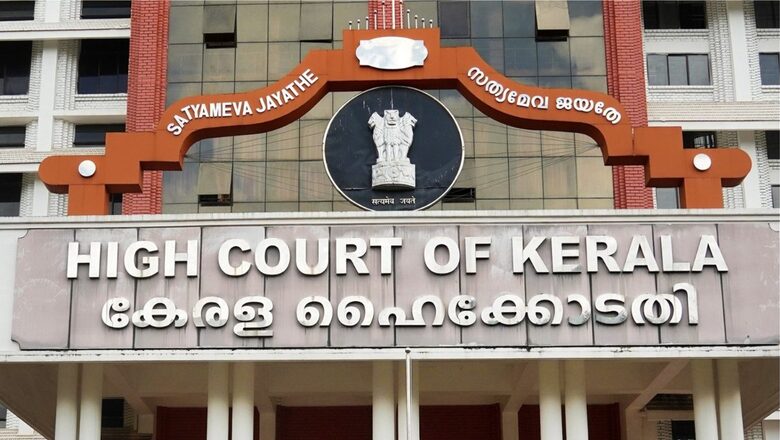
views
The Kerala High Court recently set aside the order of conviction and the sentence passed against a man in a dowry case under Section 498A of the IPC.
The bench of Justice Johnson John observed that to prove the offence under Section 498A, the prosecution has to establish the consequences of cruelty that are likely to cause a woman to commit suicide or to cause grave injury or danger. It emphasised that it is well settled that every type of harassment or cruelty would not attract the offence under Section 498A.
The court noted that on the contrary, in the case at hand, there was no evidence to show that the deceased wife of the man had made any complaint against him prior to her death regarding the ill-treatment or manhandling before any of the authorities.
“If in fact, she had suffered manhandling either physical or mental, definitely she would have given a proper complaint before the authorities concerned,” it opined.
While stating that the evidence from the side of the prosecution that the deceased feared or apprehended that her husband would beat her if in case she failed to bring money for the construction of the house, was not sufficient to constitute the ingredients of cruelty or harassment contemplated under Section 498A, the single-judge bench held that from the facts and circumstances of the case, it was clear that the deceased sustained burn injuries when her sari accidentally caught fire, while she was boiling milk in the kitchen after dressing for attending a marriage function.
“In view of the hostility between the accused and family members of PW8, for permitting the mother of the accused to enter the new house with the lighted lamp and in the absence of satisfactory evidence regarding cruelty or harassment, the accused is entitled for the benefit of reasonable doubt,” court opined.
The court passed the order in an appeal moved by one Sreekumar challenging his conviction and sentence imposed on him for the offence punishable under Section 498A IPC in 2006. Sreekumar and his mother were accused of subjecting his wife to physical and mental cruelty, demanding additional dowry. The allegation claimed that, following their marriage in 1995, the cruelty inflicted upon his wife led her to pour kerosene on herself and set fire to her body in 1998.
The First Information Report (FIR) in this case was lodged by the deceased’s paternal uncle. The trial court found the man guilty under Section 498A of the Indian Penal Code, sentencing him to three years of rigorous imprisonment.
In appeal before the high court, Sreekumar claimed that the evidence in the case proved that it was an accidental death.



















Comments
0 comment